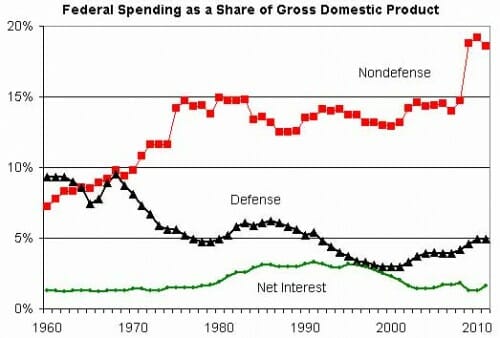Cost Savings In Wisconsin
This was a pretty amazing article on cost savings experienced already by one school district in Wisconsin after the collective bargaining agreement with government unions was voided.
Of course, there have already been substantial cost-savings as more sane work rules have been put in place and employees have to pay a larger (but still trivial) share of their pension and health care premiums.
But I thought this bit of self-dealing by the unions was pretty amazing and is the type of thing that did not make the news back in the whole Wisconsin brouhaha
"The monetary part of it is not the entire issue," says Arnoldussen, a political independent who won a spot on the board in a nonpartisan election. Indeed, some of the most important improvements in Kaukauna's outlook are because of the new limits on collective bargaining.
In the past, Kaukauna's agreement with the teachers union required the school district to purchase health insurance coverage from something called WEA Trust -- a company created by the Wisconsin teachers union. "It was in the collective bargaining agreement that we could only negotiate with them," says Arnoldussen. "Well, you know what happens when you can only negotiate with one vendor." This year, WEA Trust told Kaukauna that it would face a significant increase in premiums.
Now, the collective bargaining agreement is gone, and the school district is free to shop around for coverage. And all of a sudden, WEA Trust has changed its position. "With these changes, the schools could go out for bids, and lo and behold, WEA Trust said, 'We can match the lowest bid,'" says Republican state Rep. Jim Steineke, who represents the area and supports the Walker changes. At least for the moment, Kaukauna is staying with WEA Trust, but saving substantial amounts of money.
This strikes me as an amazing example of self-dealing. The union requires that their health care insurer get a monopoly, and then extract monopoly rents from the relationship. You can be sure the union rank and file never saw a dime of these health care profits, which likely flowed to just a few union leaders plus the politicians who helped make it possible.
Standard disclaimer: I have no particular beef with unions per se, whose ability to organize workers is protected under the First Amendment's right to assembly. My problems related to unions are
- Government rules that tilt the balance of power in negotiation to unions, require that all employees (in certain non-right-to-work states) join unions or at least pay dues, etc.
- Public unions are a different animal than private sector unions and I have turned pretty strongly against these. The problem in public sector unions is that there is no adversary -- ie the politicians nominally negotiating with unions are often on the same side as the unions and cut horrible sweetheart deals that screw taxpayers. Until we find a way to really represent taxpayers in public sector union negotiations as well as shareholders are represented in private sector negotiations, I tend to favor limits on public sector collective bargaining.




